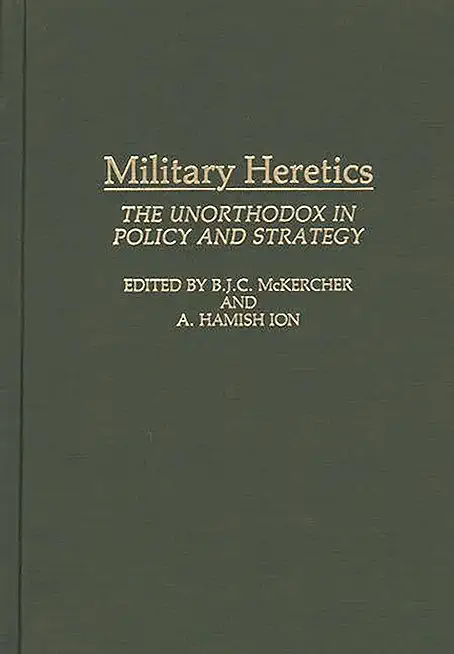
description
e studies to assess the impact of heretical military leaders who developed policy and strategy during war and peace in the nineteenth and twentieth centuries. The issue for each contributor is not necessarily to show whether the endeavors of individuals and their unorthodoxy were successful or unsuccessful--though this important consideration is not ignored. Rather, each chapter offers differing points of view on accomplishments and failure because, as is so often the experience in historical study, the record is mixed; and this is especially so in terms of the application of military power in the period since the Napoleonic wars. Technological and scientific innovation, the rise of mass armies, the advent of total war, and the need to develop effective armed forces in a period of rapid change prompted new approaches in policy and strategy. In this period, it is clear that a dialectic in military thinking existed between those who followed what can be thought of as orthodox ideas, based generally on the lessons of preceding wars, and heretics who advocate new policies and strategies.
member goods
No member items were found under this heading.
Return Policy
All sales are final
Shipping
No special shipping considerations available.
Shipping fees determined at checkout.







